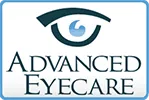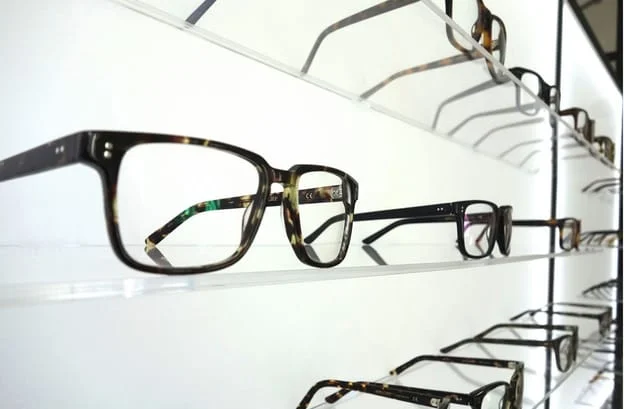The older a person gets, the more likely it is that they will need to wear eyeglasses at least some of the time. It's important to make sure that we are wearing glasses that not only correct our vision adequately but that also properly convey our sense of style and address other lifestyle factors that may affect our eye health. Our staff at Advanced Eyecare wants you to know how to select the best pair of sunglasses for you.
Why We Need Eyeglasses
In the U.S. there are more than 150 million people who wear some sort of corrective lenses due to refractive errors, including nearsightedness, farsightedness, and astigmatism. Many of these conditions are first discovered in children or teens, but some may start needing glasses for the first time when they are over forty and they develop age-related conditions. At Advanced Eyecare in Las Vegas, we want to make sure you stay on top of your vision needs in order to get your vision corrected as much as possible.
Most people who go into the eye doctor needing eyeglasses have some idea that they need them when they come in. The main question answered through the course of their eye exam lies in the strength of their prescription, but this is not the only question addressed during a comprehensive eye exam. At Advanced Eyecare in Las Vegas, we also look for early signs of eye conditions such as glaucoma and cataracts, and may even play a role in diagnosing other health conditions like diabetes or hypertension.
Selecting the Best Eyeglasses for You
The main goal for eyeglasses is to correct your vision to 20/20 with the glasses or to get as close as possible. Nearsighted people normally wear their glasses the majority of their waking hours. They may be able to see short distances okay, but anything too far off will require glasses to see clearly. Farsighted people can see far away but may need glasses for the computer or for reading. In addition, protective coatings are often added to lenses in order to protect against computer glare or sunlight. Our optometrist will look at your lifestyle and make suggestions on what types of coatings may be beneficial to you.
Reflecting Your Style
Much of the style with glasses depends on the frames. Different shaped frames are better able to flatter different face shapes. For example, heart-shaped faces look best with frames that are wide at the bottom. Round faces look good in narrow frames that make the face look longer. Other factors, such as hair and eye color or skin tone may play a role when choosing the color of a frame.
Schedule an Appointment Today!
Specific designers are also important to many people, and at Advanced Eyecare, we have some of the best including Prada, Calvin Klein, Gucci, Oakley, Hugo Boss, and more. Whether you are ready for a new prescription, or just want an extra pair of glasses, contact us at Advanced Eyecare in Las Vegas, NV at (702) 737-3937.

